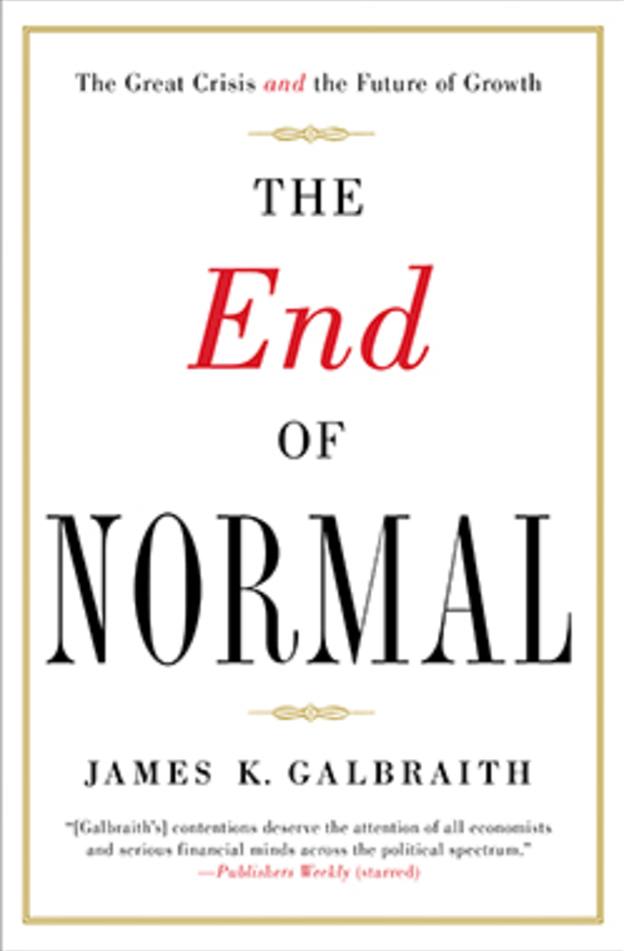
One of the best reads I have had over the past three years has been James K Galbraith’s The End of Normal: The Great Crisis and the Future of Growth.
Mr Galbraith reminds us that the obsession with economic growth grew out of the Kennedy era, in the late 1950s and 60s, and now it is taken as a basic truth of economic policy.
He reminds us, particularly at a time like this, ridden by coronavirus, that we should always be prepared for ugly economic shocks.
He says: “Growth became the solution to most (if not quite all) of the ordinary economic problems, especially poverty and unemployment. We lived in a culture of growth; to question it was, well, counter-cultural.”
From 1946 to the mid-1960s, the US enjoyed unrivalled progress: it was the nation to envy, from its cultural products, such as Hollywood, to its clothing and music.
It was about this time that economists (W W Rostow, Robert Solow, et al) invented their theory of growth, which has since dominated conventional economic theory.
They had concluded that long-term economic growth depended on population growth, technological change and savings.
Let us look at these three key concepts of economic growth: population growth itself is now seen as one of the main threats to climate change and the future of humanity; technological growth has given rise to beasts called Apple and Google, to artificial intelligence, to the management of meta-data, all of which are now so big they are more powerful than nations; and, finally, savings – our financial engineers have invented all kinds of credit and substitutes for money that allow us to enjoy the products of savings without having to save.
In the mid-1960s, if a working person wished to buy a suit and did not have the cash, they would have to obtain hire-purchase, with referees. Then we got the rise of credit cards.
But the nature of economies has also changed, from manufacturing to services. And what manufacturing there is seems to be companies that are mostly assembly lines, driven by just-in-time supplies. The finished item, more than at any time in our history, is now the product of multi-national efforts.
Despite this changing reality, the economic discipline continues on its own merry way. In the meantime, it is turning the discipline into a complex algebraic warren, the final victory of mathematics over common sense.
Meanwhile, economic policy was left to jobbing politicians and lunching journalists. It took 16-year-old school girl Greta Thunberg to tell us we have lost our way.
Mr Galbraith’s read is brilliant. It demystifies the discipline, and in particular the dominant consensus that infects the popular discourse, like an out-of-control virus.
Hal Austin is a former editor of Financial Adviser







